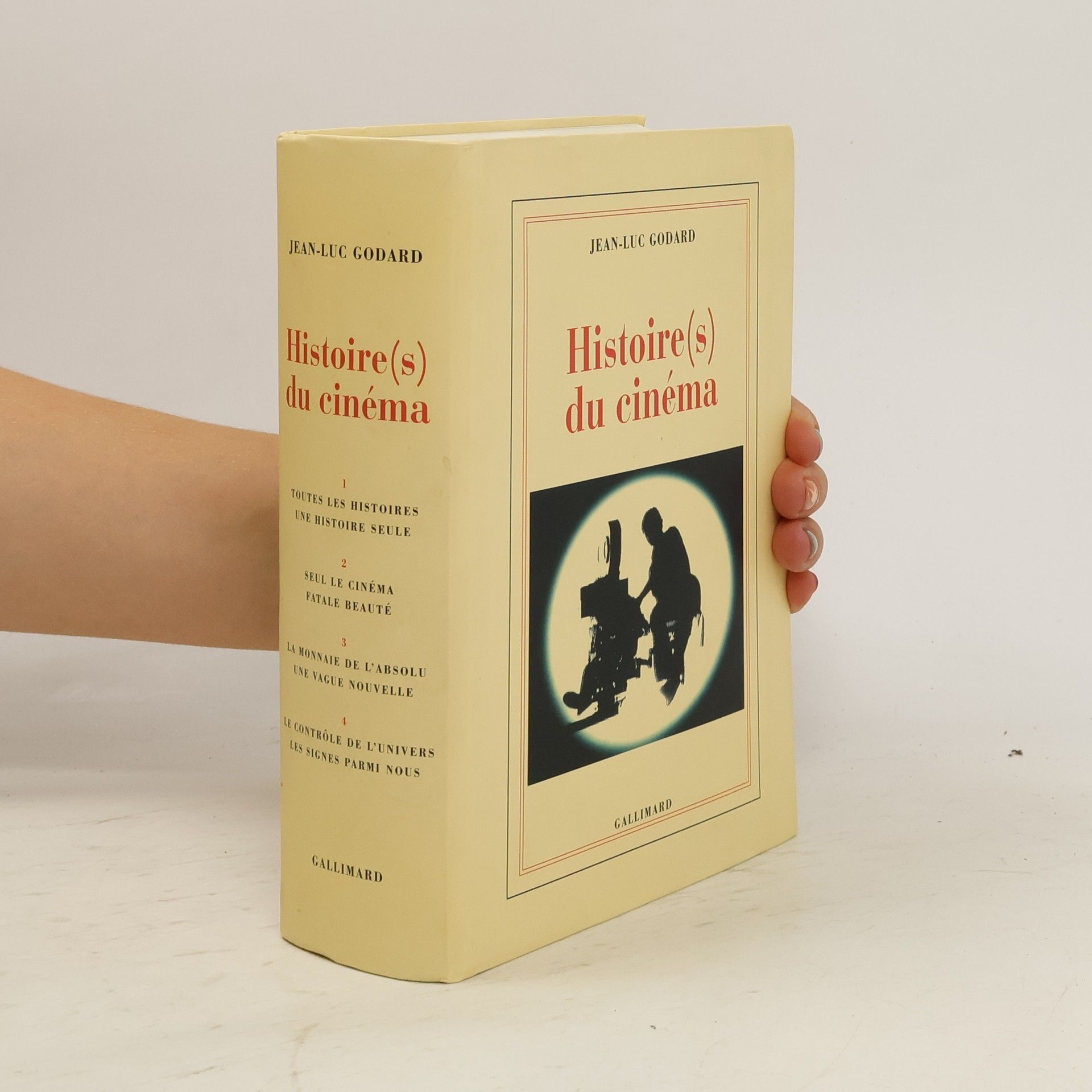Scenáre filmov: Ohrada; Vydatá žena; Muriel; Jules a Jim
Jean-Luc Godard Knihy
Jean-Luc Godard bol francúzsko-švajčiarsky filmový tvorca a jedna z kľúčových postáv "francúzskej novej vlny". Jeho tvorba často spochybňovala konvencie hollywoodskej kinematografie a predstavovala radikálny prístup v rámci Novej vlny. Filmy Jeana-Luca Godarda boli presiaknuté jeho politickými ideológiami a hlbokou znalosťou filmovej histórie, pričom sa často odvolávali na existenciálnu a marxistickú filozofiu. Jeho jedinečné filmové vyjadrovanie z neho urobilo jednu z najvplyvnejších postáv svetovej kinematografie.

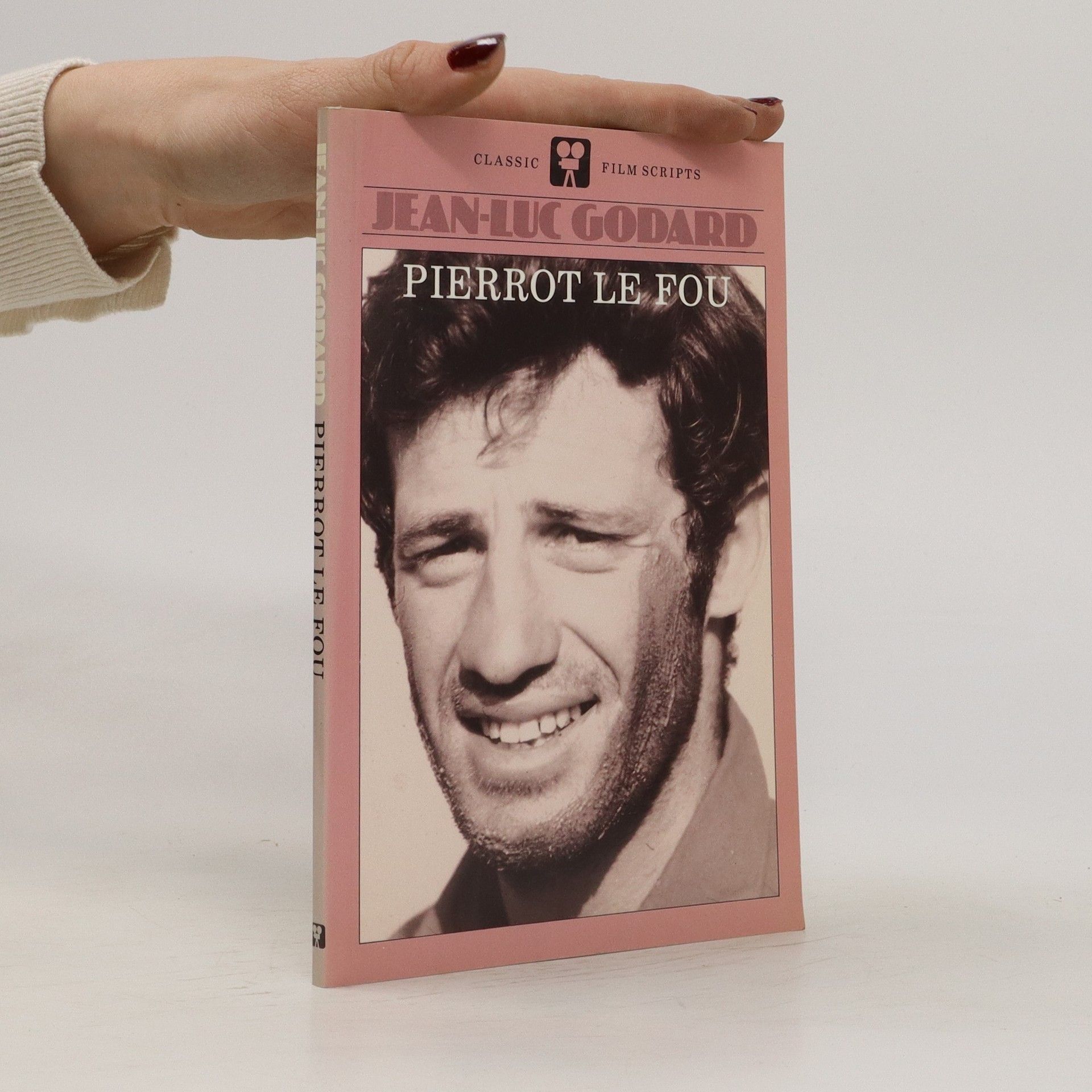


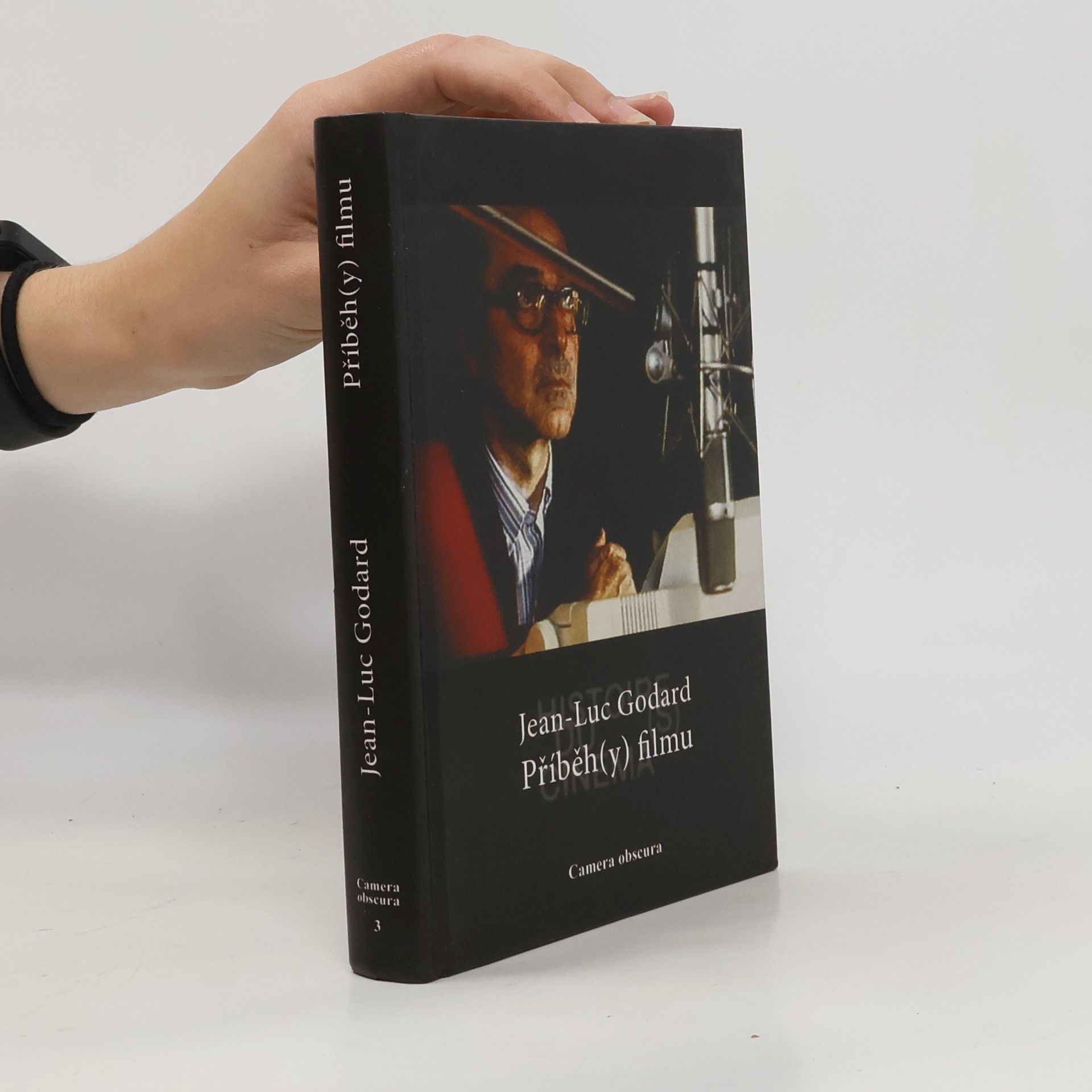
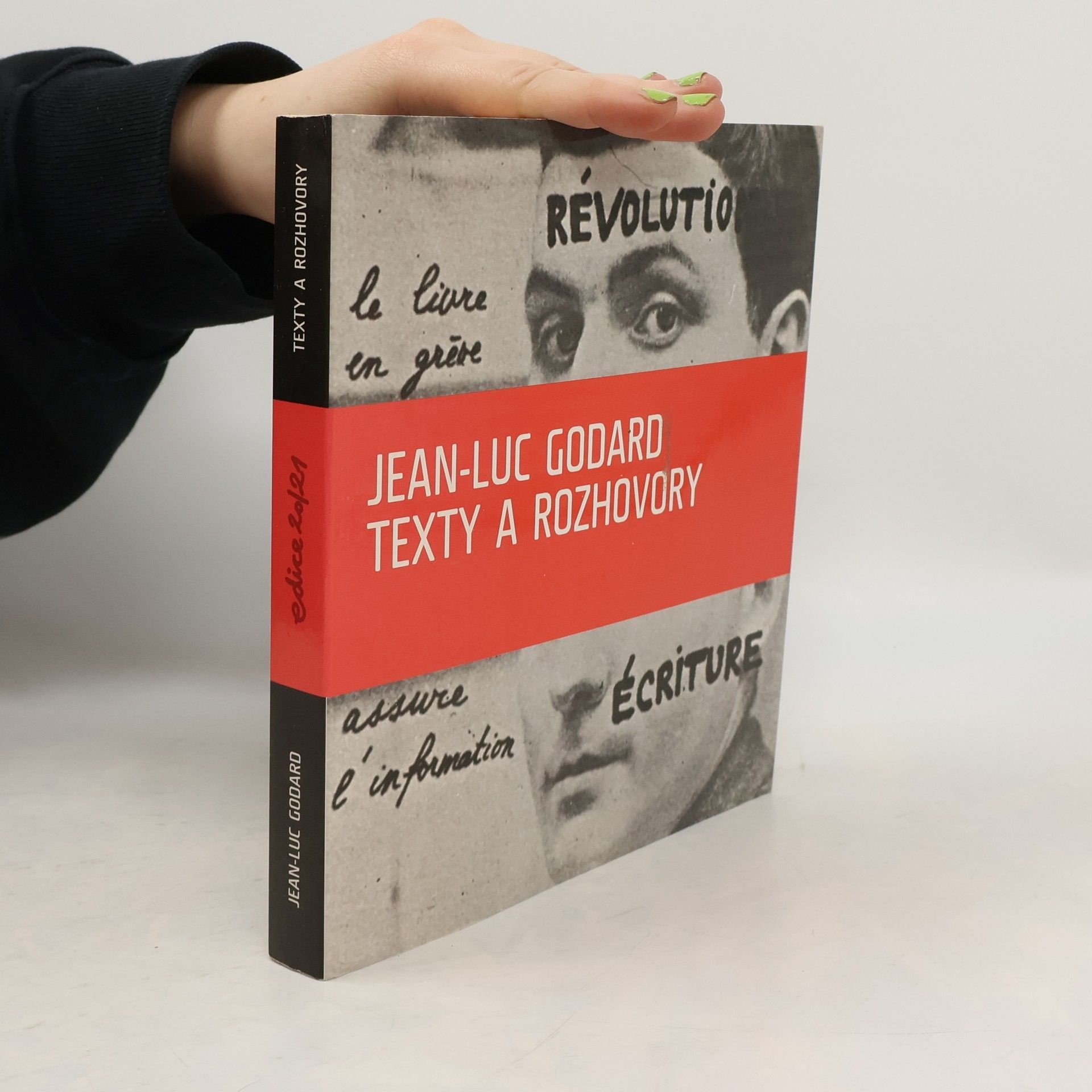
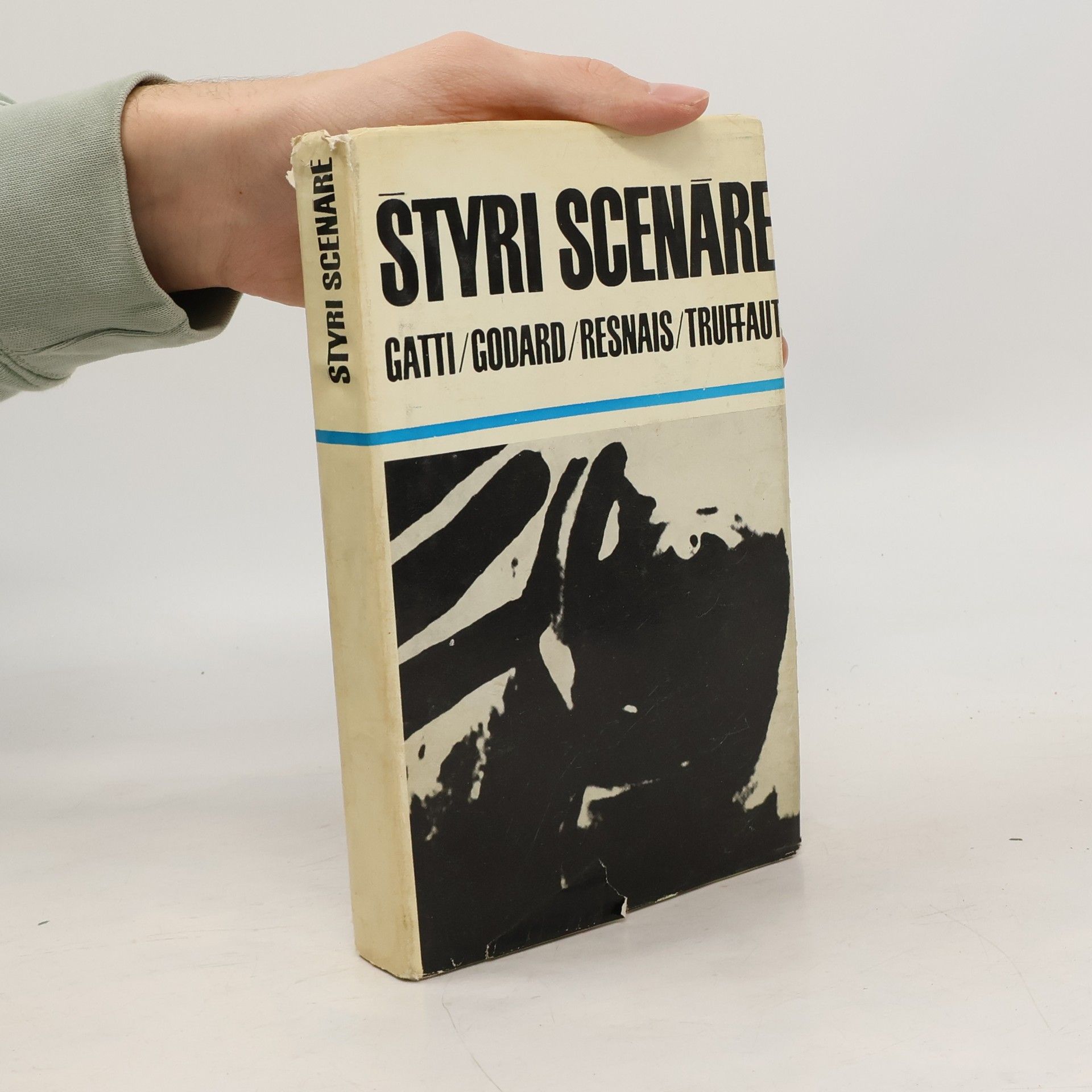
Texty a rozhovory
- 330 stránok
- 12 hodin čítania
Příběh(y) filmu
- 304 stránok
- 11 hodin čítania
Jeden z umělecky nejvýznamnějších filmů-textů v dějinách kinematografie. Tématem jsou právě osobní dějiny filmu.
Jean-Luc Godard's revolutionary impact on cinema spans three decades, characterized by his innovative works like Breathless and Contempt. His bold experimentation challenges traditional filmmaking and extends to his thought-provoking essays in Cahiers du Cinéma and insightful interviews. Godard's exploration of film and video redefines the medium, making him a pivotal figure in cinematic history. His controversial projects, such as Hail Mary and Histoire(s) du cinéma, further exemplify his commitment to changing the world through art.
The script, interviews, stills, etc, from jean-Luc Godard's film "Masculine Feminine".
Pierrot Le Fou
- 104 stránok
- 4 hodiny čítania
Histoire(s) du cinéma
- 963 stránok
- 34 hodin čítania
Et si la mort de Puig et du Négus, la mort du capitaine de Boïeldieu, la mort du petit lapin ont été inaudibles, c'est que la vie n'a jamais redonné aux films ce qu'elle leur avait volé. Et que l'oubli de l'extermination fait partie de l'extermination. Voilà presque cinquante ans que, dans le noir, le peuple des salles obscures brûle de l'imaginaire pour réchauffer du réel. Maintenant celui-ci se venge et veut de vraies larmes et du vrai sang. Mais de Vienne à Madrid, de Siodmak à Capra, de Paris à Los Angeles et Moscou, de Renoir à Malraux et Dovjenko, les grands réalisateurs de fiction ont été incapables de contrôler la vengeance qu'ils avaient vingt fois mise en scène.
Liebe, Arbeit, Kino
Rette sich wer kann (Das Leben)
„Dieses Buch gestattet es, sich noch einmal in das zu versenken, was einem an diesem Film Freude gemacht hat. Es ist der lange Arm des Films.“ (Diedrich Diedrichsen, Szene Hamburg)
Einführung in eine wahre Geschichte des Kinos
- 331 stránok
- 12 hodin čítania
»Man hat mir nie gesagt: Sie machen linke Filme oder rechte Filme... oder Ähnliches. Der einzige Vorwurf, den Filmleute mir gemacht haben, war: Was Sie machen, das ist kein Film. Und als ich Fernsehen gemacht habe: Das ist kein Fernsehen. Meine Schwierigkeiten rühren daher, dass ich genau unter den Punkt treffe, wo etwas denunziert wird, und deshalb findet man, ich bin nicht ordentlich angezogen.« Jean-Luc Godard
Das Gesagte kommt vom Gesehenen
Drei Gespräche 2000/01
